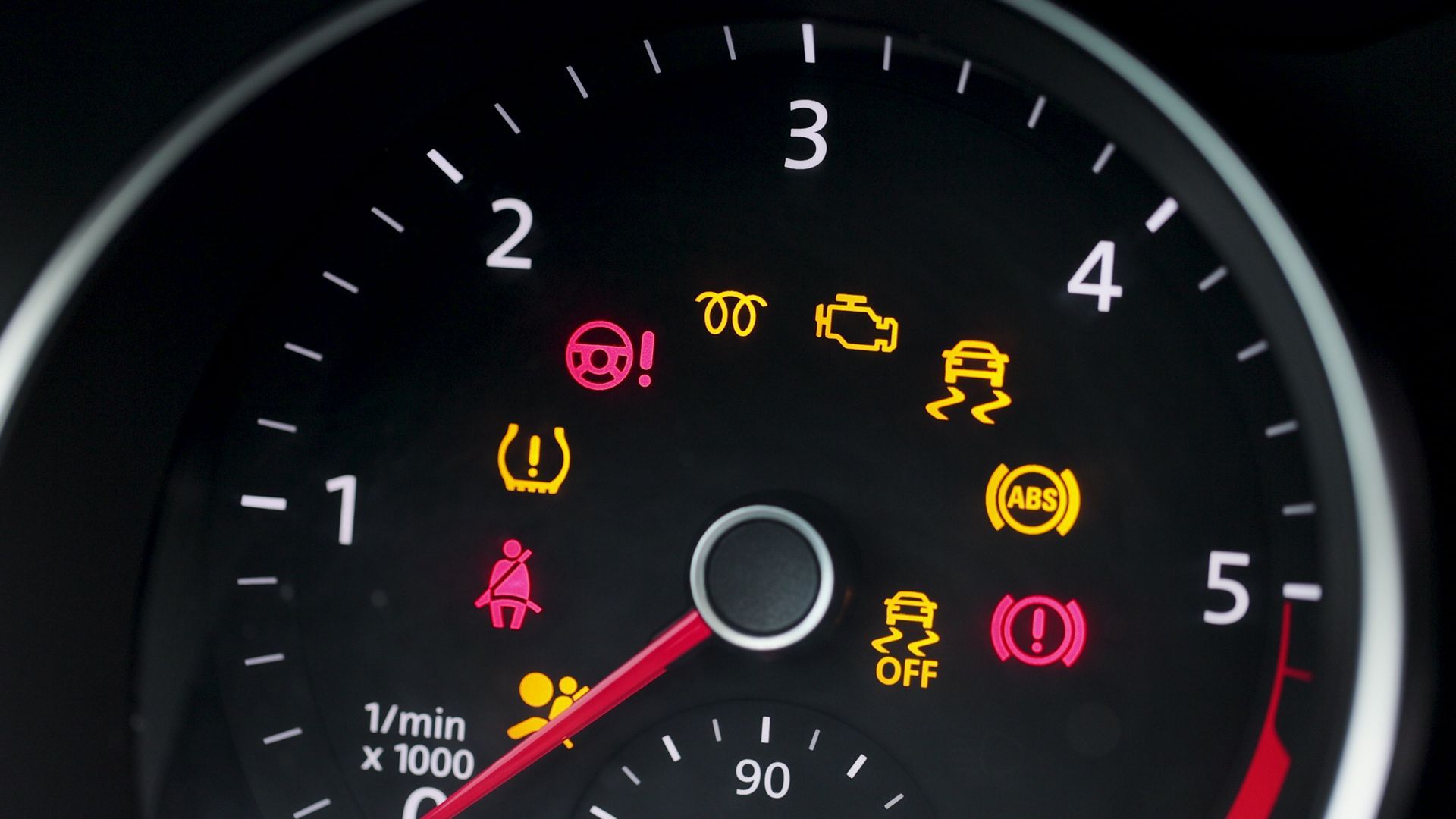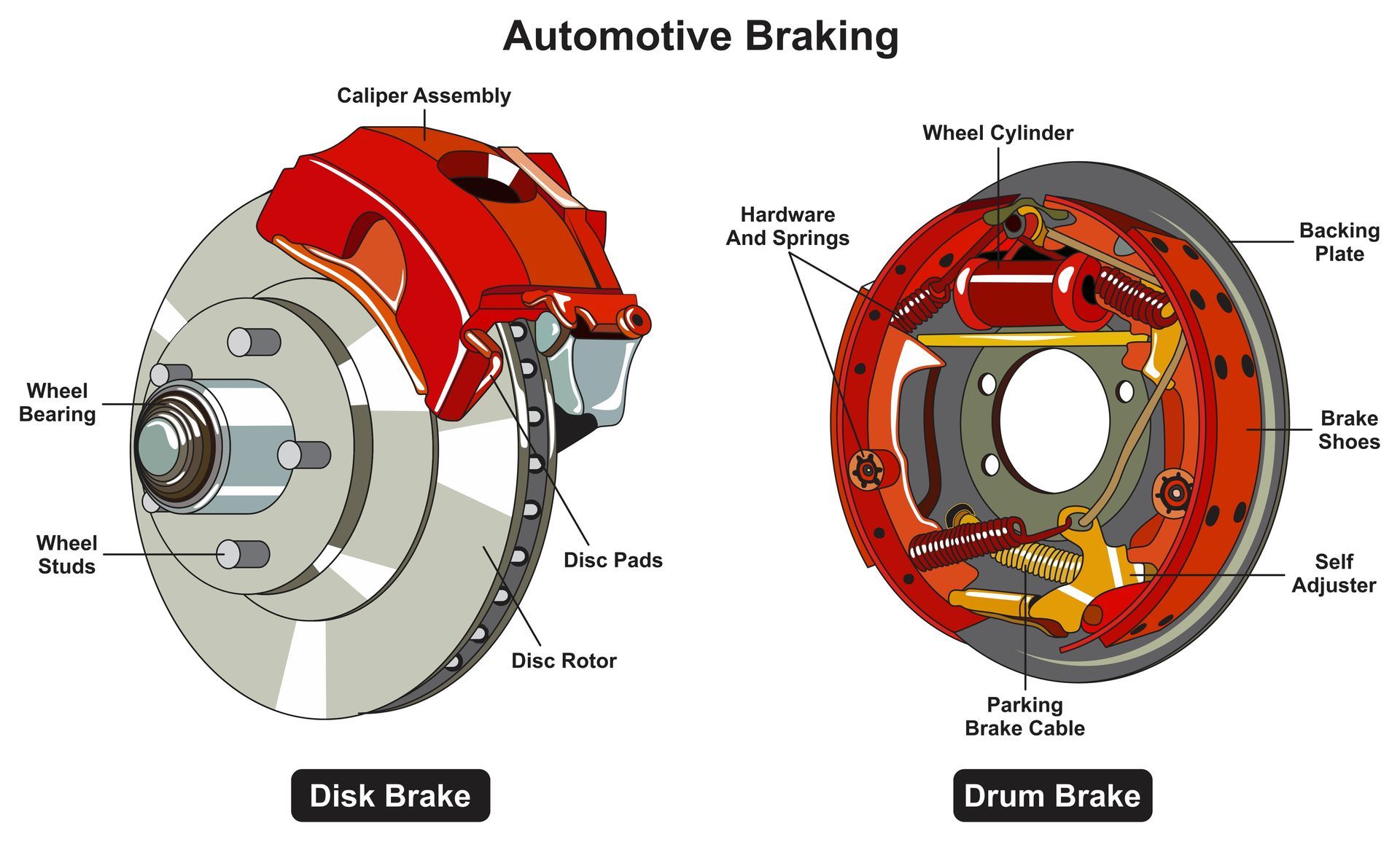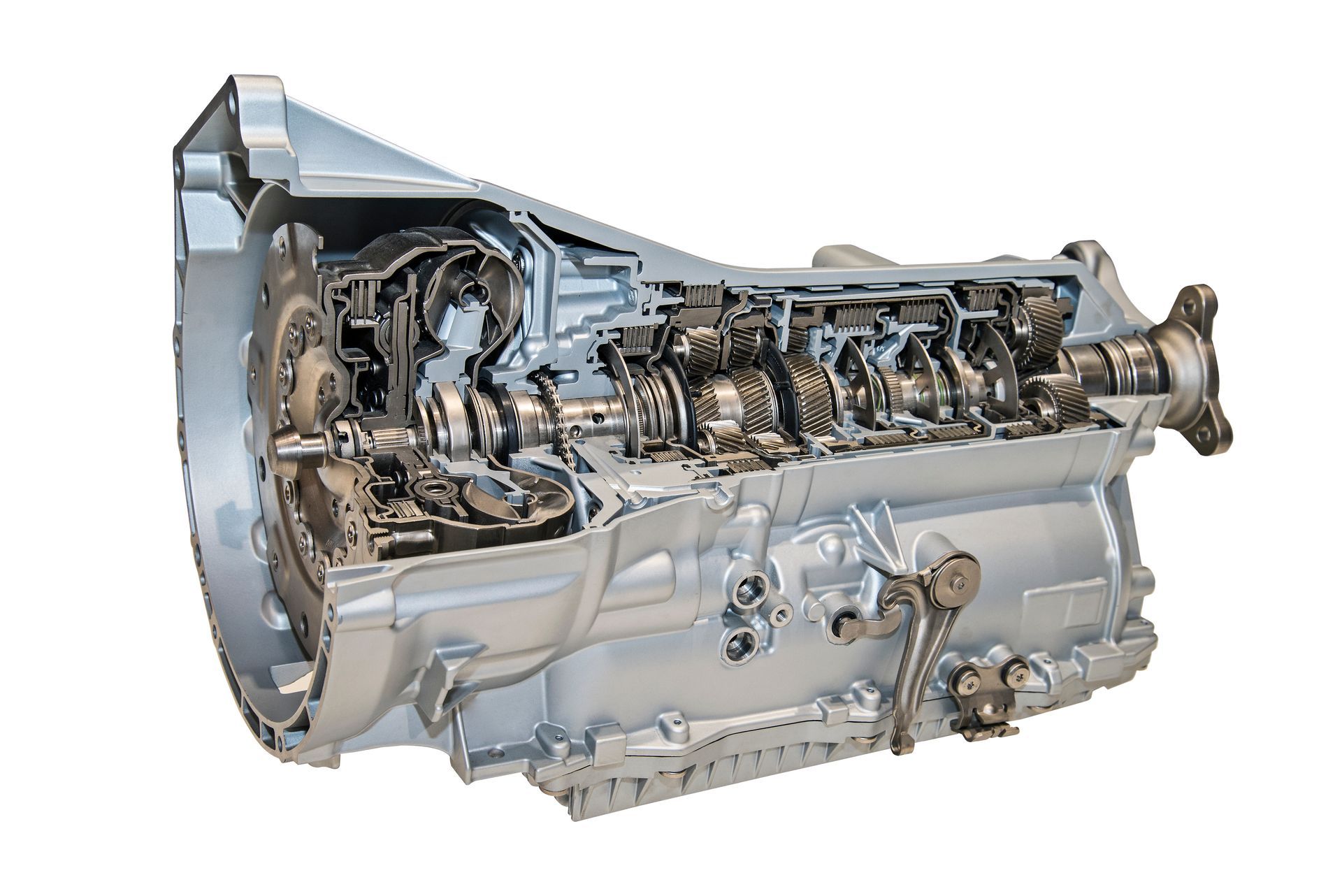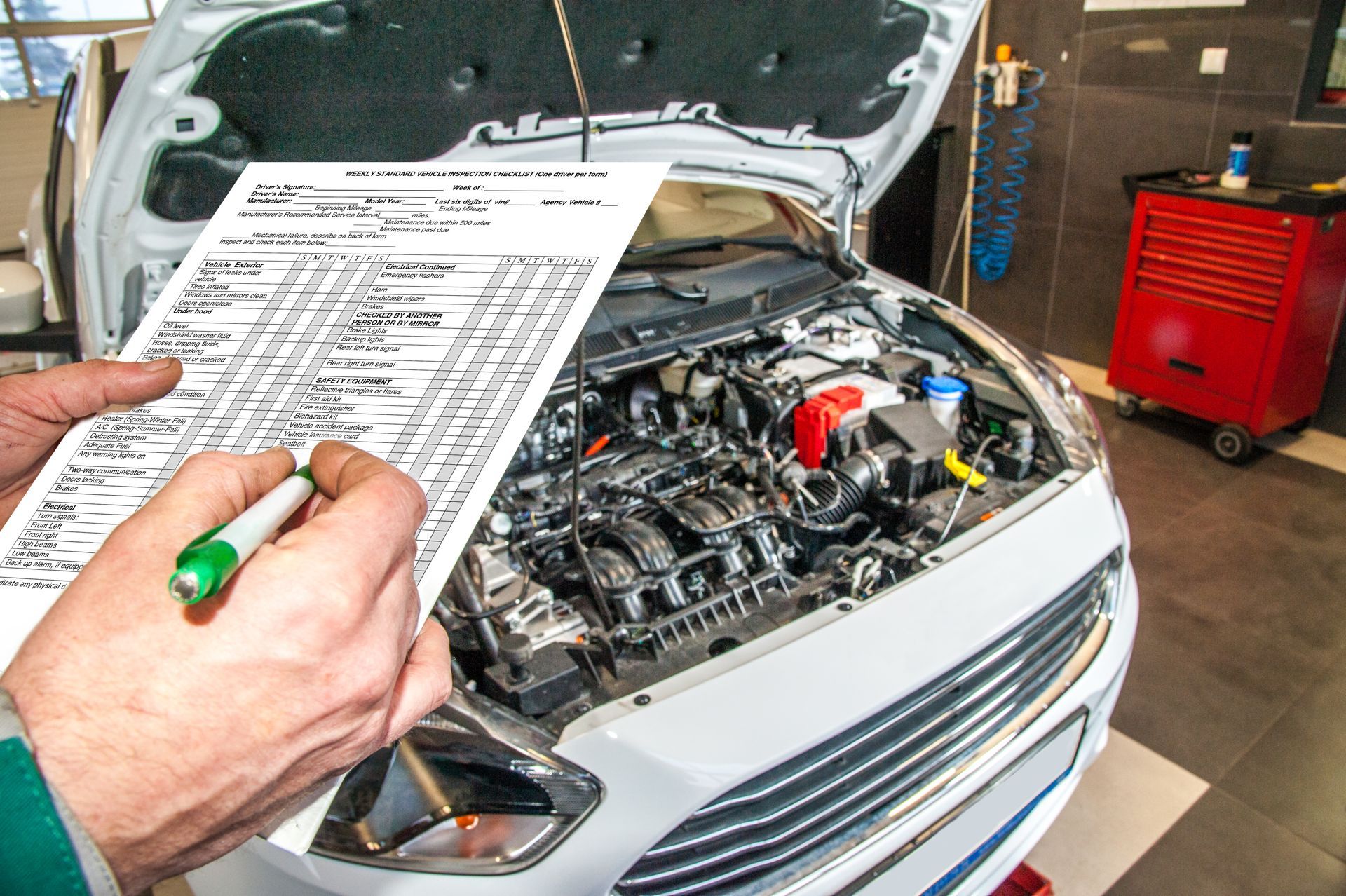At the heart of your car's engine lies a small yet mighty component known as the spark plug. Responsible for igniting the air-fuel mixture in each cylinder, spark plugs play a crucial role in your engine's performance. While the basic function remains the same across all cars, not all vehicles have identical spark plugs. Different engines, designs, and fuel types dictate variations in spark plug specifications.
Do All Cars Have the Same Spark Plugs?
No, not all cars use the same spark plugs. The variety in spark plug design, heat range, and electrode materials is vast. Manufacturers tailor spark plugs to meet the specific needs of different engines. Factors such as engine size, fuel type, and performance requirements influence the choice of spark plug. It's essential to consult your car's manual or a knowledgeable mechanic at Auto Smart to determine the correct spark plug for your vehicle.
Signs It's Time for a Spark Plug Replacement
Over time, spark plugs undergo wear and tear, affecting their efficiency. Recognizing the signs indicating a need for replacement is crucial for maintaining optimal engine performance.
1. Poor Fuel Efficiency
A drop in fuel efficiency is often one of the first indicators of potential spark plug issues. If you find yourself making more frequent trips to the gas station without a change in driving habits, worn-out spark plugs might be to blame.
2. Difficulty Starting the Engine
If your engine struggles to start or exhibits a prolonged cranking time, faulty spark plugs could be hindering the ignition process. Aging spark plugs may not generate the necessary spark to kickstart the combustion process efficiently.
3. Rough Idling or Misfiring
A rough or erratic idling sensation while your car is stationary can signal misfiring spark plugs. Misfires may also manifest as a noticeable loss of power or hesitation during acceleration, indicating a disruption in the combustion process.
4. Engine Knocking or Pinging Sounds
Unusual knocking or pinging sounds from the engine can be attributed to spark plugs failing to ignite the air-fuel mixture consistently. Addressing this issue promptly is crucial to prevent potential damage to the engine.
5. High Mileage or Age
Spark plugs have a finite lifespan, and high mileage or aging can contribute to their degradation. As a general guideline, consider replacing spark plugs every 30,000 to 100,000 miles, depending on your vehicle's make and model.
6. Visual Inspection
Remove a spark plug and inspect its condition. If you notice signs of fouling, excessive wear, or deposits, it's a clear indication that replacement is necessary. Consult your car's manual for the recommended replacement interval.
Whether you have a compact car or a high-performance vehicle, understanding the uniqueness of spark plugs in your specific engine contributes to a smoother, more efficient ride. Keep your ride firing on all cylinders with timely spark plug replacements at Auto Smart.










